
OR
#Nepal Investment Summit 2024
A Modest Call for a ‘Nepali-First Strategy’
Published On: April 28, 2024 09:30 AM NPT By: Sambridhi Gyawali | @sambridhig
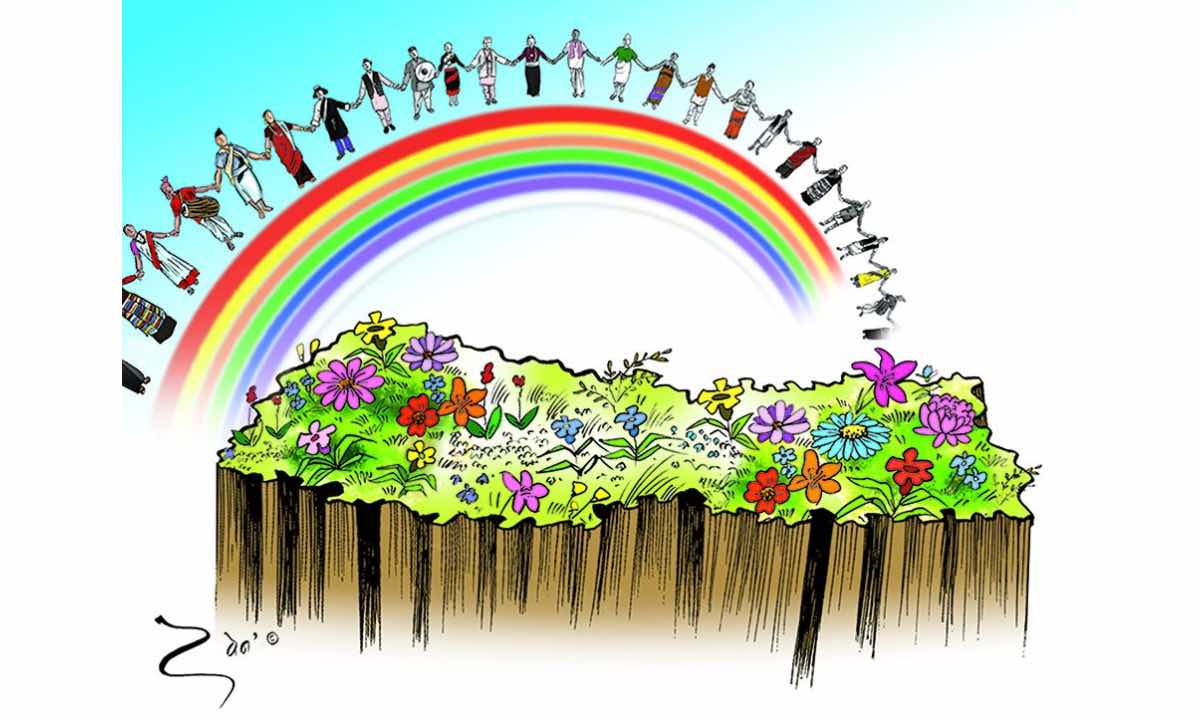
With over 100 ethnic groups practicing over 10 different religions living in complete harmony speaks highly of Nepal’s cultural heritage. This is Nepal’s strength, and this is where investment is needed for sustainable growth to preserve and thrive. We can make Nepal a haven for sustainable tourism and further grow this industry that is already a mainstay of the country’s economy.
Nepal was the first country to legalize same-sex marriage in South Asia. Nepal signed a comprehensive peace accord in 2006. Unlike many other countries, the peace accord has not been revoked, which further stands as a testament to the Nepalese yearning for compromise and peace.

Sambridhi Gyawali
When I talk to foreigners about their experience in Nepal, there is a consistent similarity. Most people tell me they come to Nepal thinking about the Himalayas, but they leave this country falling in love with the people. Some people have gone to the extent of saying Nepal showcases hope for humanity in today's world. And that statement is what makes Nepal unique.
Located between the two largest emerging markets, it is no surprise Nepal aspires to and idolizes their growth. Oftentimes, we've heard our political leaders talk about making Nepal like Switzerland due to the similarities in their geographical landscape or Singapore, but those are all inauthentic, far-fetched ideas. Nepal needs a Nepal-first strategy, a strategy that is authentic to us as people and a strategy that embodies our sentiments, values, and culture.
Recently, I was a mentor for a campaign called “Ma Nagarik Ma Banaunchu Nepal'' - I am a citizen and I will make Nepal. The submissions were from youths under 26 years of age. Eighty five per cent of the submissions were on dealing with the growing issues around pollution and litter. Although this initiative was successful to some extent in capturing the aspirations of youths, it is a far cry from the systematic changes that Nepal needs to make to create opportunities for young people to prosper.
I say this because one of the critical issues we face as a country is the mass exodus of young people leaving this country in search of better opportunities elsewhere. Young people are leaving this country for access to better career prospects leading to better lifestyles. Migration is not a new concept. However, Nepal, with its vulnerable economic status, cannot afford to lose its youth in such high numbers. How can we make Nepal attractive again, not just to curtail this exodus of youths but also to make Nepal a gradual choice for non-Nepalese to live, work, and prosper?
The answer is quite simple: Nepal needs a Nepali-first strategy.
There is no doubt that Nepal possesses an abundance of natural wonders. It's a land with 44% forest mass, rich biodiversity, flora, fauna, and, of course, the mighty and awe-inspiring Himalayas. With over 100 ethnic groups practicing over 10 different religions living in complete harmony also speaks highly of Nepal’s cultural heritage. This is Nepal’s strength, and this is where investment is needed for sustainable growth to preserve and thrive. We can make Nepal a haven for sustainable tourism and further grow this industry that is already a mainstay of the country’s economy.
Many countries build on the idea that there needs to be exceptional airport-to-airport service to attract tourists. Nepal has built two new international airports in Pokhara and Bhairahawa. They were built on the assumption that travelers will go directly to these destinations without having to spend time toiling around the busy streets of Kathmandu. Many resorts and hotels blossomed under the hopes that these airports would be accessible and functional; however, the instability of government and leadership has not prioritized negotiations with India on allowing the usage of airspace. Today, when we sit down to attract foreigners to invest in Nepal, we often overlook how homegrown Nepali investors and entrepreneurs are treated in the midst of this political power play. In this case, quite literally, a Nepali-first strategy is essential in order to bring confidence from investors in and around the world.
This investment summit is showcasing 151 projects, out of which 31 are from the energy sector, and why not? With the climate change crisis, most countries have committed to a net-zero economy in the near future. However, emerging markets with a growing middle class, economies, and technological requirements need a lot of energy to fuel their growth. Nepal is uniquely placed in such a location between such markets like China and India and can provide sustainable energy to both its neighbors. Our government has formulated an energy development strategy with a target of generating a total of 28,000MW of electricity within the next decade, out of which 13,000MW will be for domestic consumption provided the need and 15,000MW for export to other countries. Executing this is paramount to Nepal’s economic growth.
One of the most successful FDI energy projects in Nepal, which also paved a path for other FDIs, was Khimti and Bhotekoshi hydropower plants. It is interesting to see why these investors came to Nepal; the answer is quite simple: high risk and high returns. Without internalizing and accepting that investors are here to make maximum returns, attracting them is impossible. Clarity in repatriation laws and clarity in taxation laws are important in order to create a transparent, conducive investment environment without which a lot of things are open to interpretation, testing our leadership. Most importantly, investors need consistency.
Hence, I come to the second part of the Nepali-first strategy, which is its political leadership. Nepal is a very young democracy, and democracy is a fundamental part of Nepal's growth and development. Nepal has been able to achieve a lot of progressive human and social laws and policies as a result of its democracy.
Nepal was the first country to legalize same-sex marriage in South Asia. Nepal signed a comprehensive peace accord in 2006. Unlike many other countries, the peace accord has not been revoked, which further stands as a testament to the Nepalese yearning for compromise and peace. When we talk about development and growth, people often look for fantastic infrastructure, roadways, railways, etc., but these intrinsic developments are often overlooked. I feel as a country, we have achieved these in a fairly short period of time. A lot of economically strong countries have not been able to attain this level of progress in terms of human and social rights. This, I believe, is directly linked to freedom of expression and Nepal’s media.
The legacy media in Nepal have played an instrumental role in shaping Nepal’s democracy and freedom. Hence, in a short history, Nepal has now become a Federal Democratic Republic. For this decentralized model to be functional and thriving, we need good stable leadership throughout. Hence, the job of the media has now become even more important than ever. This is unique to Nepal and an important part of the Nepali-first strategy. The Nepali-first strategy needs to be one of embracing our authenticity, building on those foundations, and creating a unique national development plan that we can all be proud of calling truly ours.
You May Like This

Nepal Investment Summit 2024: Private Sector's Voice
The investment summit will have a long-term impact, showcasing the possibility and opportunity of investment. The task of elucidating Nepal... Read More...
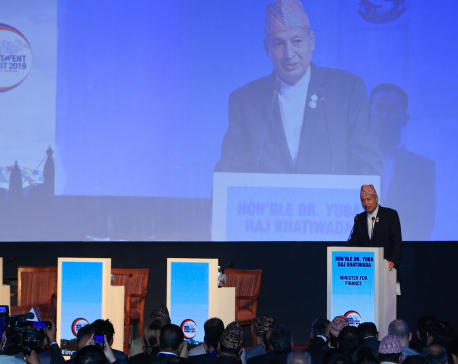
Govt assures investors of further collaboration and facilitation
KATHMANDU, March 31: With the successful organization of the two-day investment summit, the government has said that the real journey to... Read More...

Invest in Nepal
More than 600 participants from 40 countries will participate in the Investment Summit to be held in Kathmandu from Friday.... Read More...
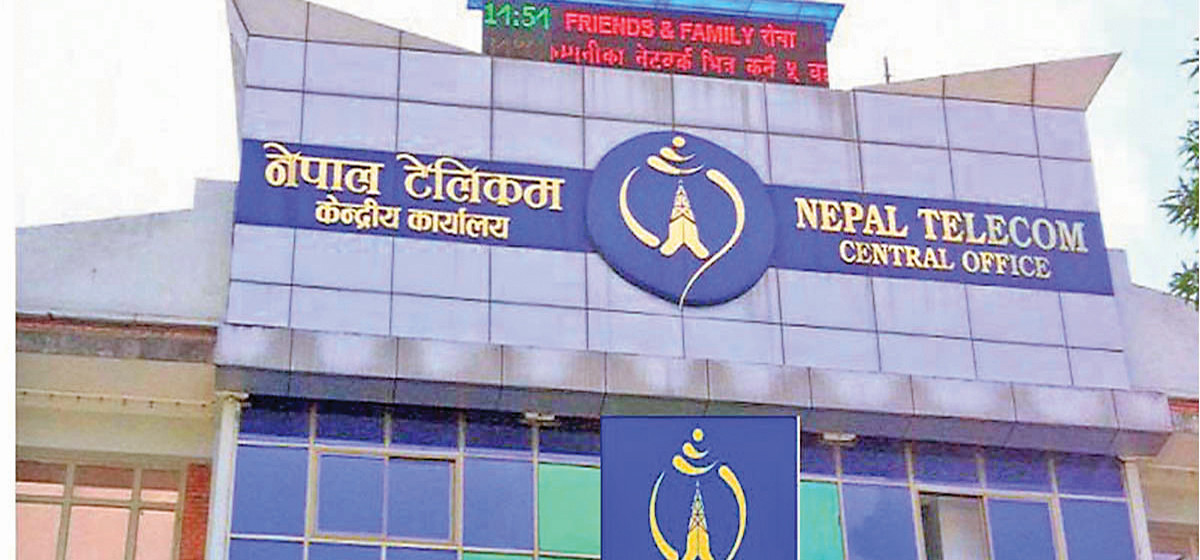
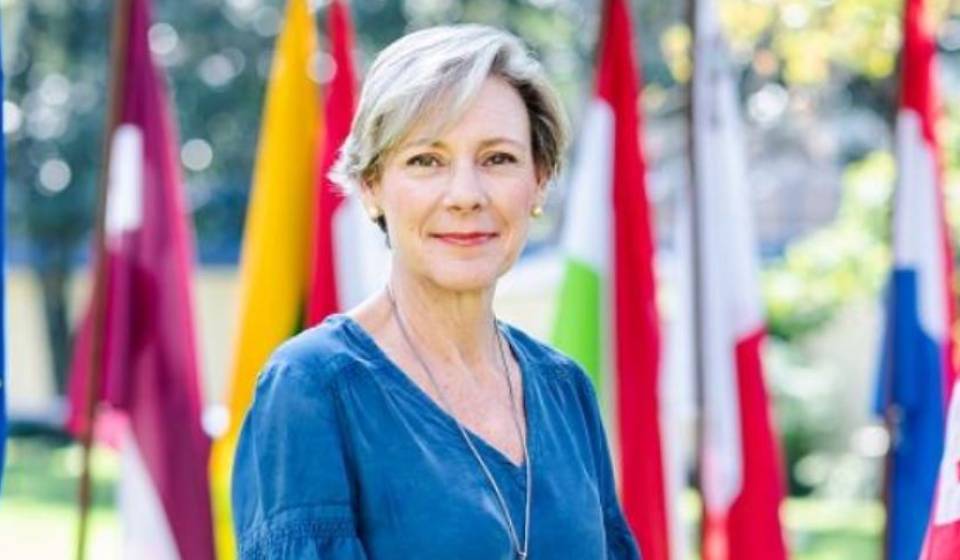
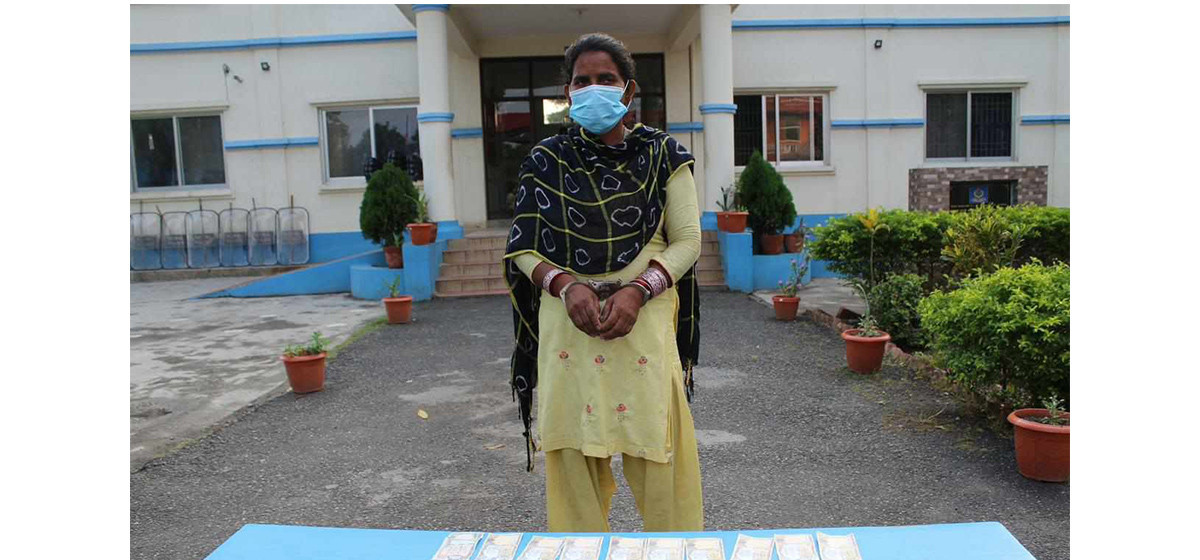
Just In
- Woman arrested with counterfeit Nepali currency in Rangeli
- Sinohydro-Sagarmatha Company appeals struggle committee to settle row
- Car crashes into electricity pole in Kupondole
- Govt decides to accept Rs 1.2 billion in grants from WWF
- SC orders province govt not to carry out long-term decisions in Gandaki
- Light rain likely in Lumbini, Karnali, Sudurpaschim provinces
- India encroaches upon Nepali territory near Koshi Barrage in Sunsari
- No more scrunching your nose in modern public toilets built in Lalitpur




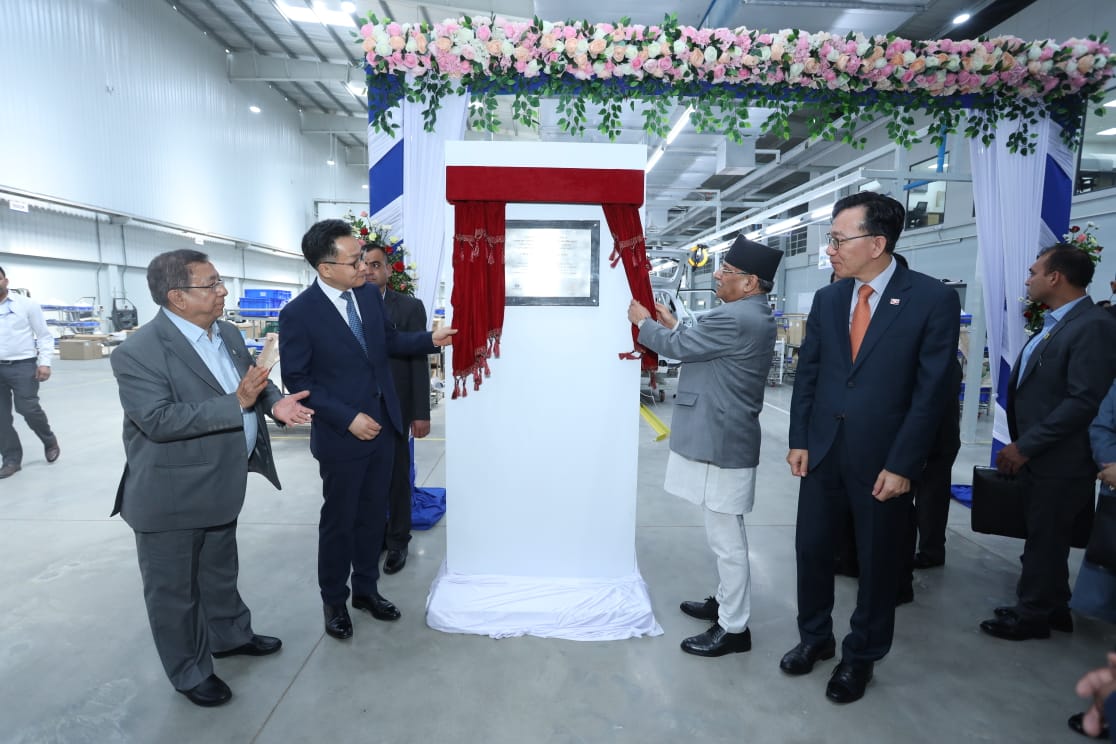
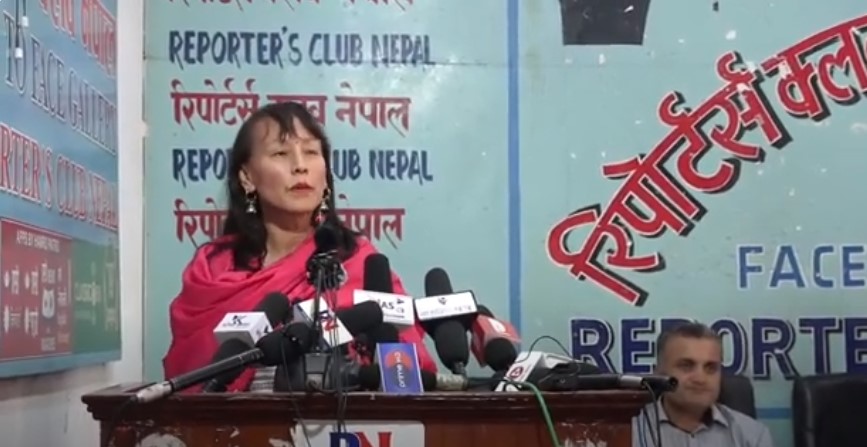

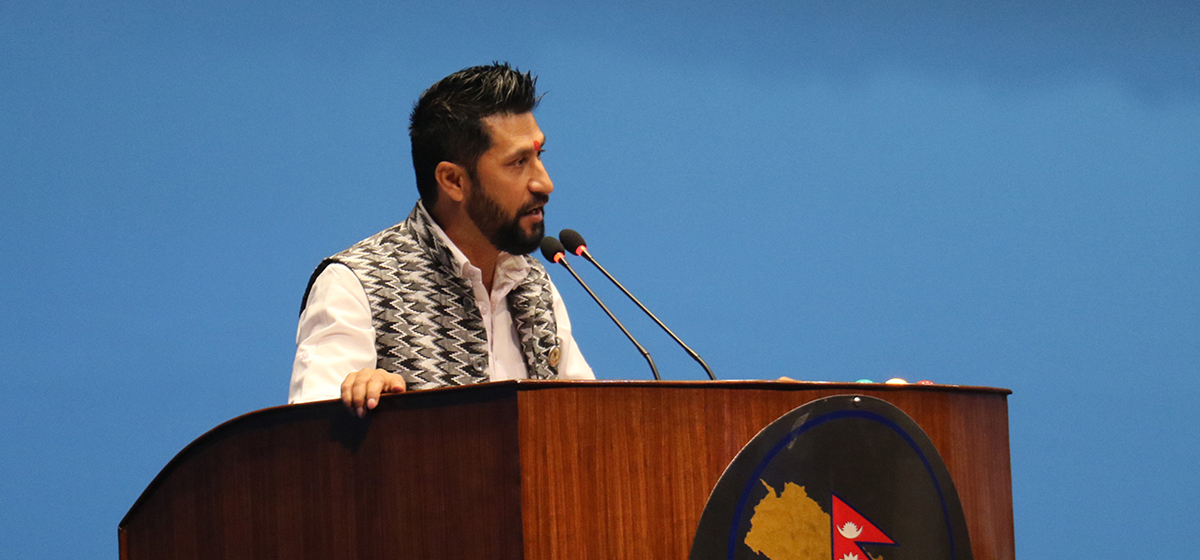

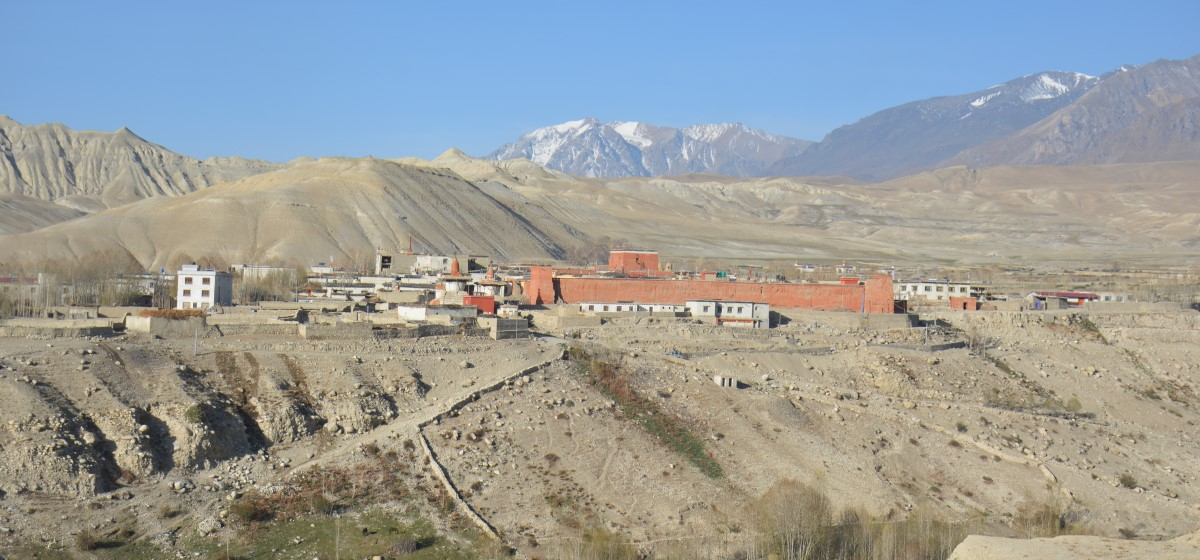
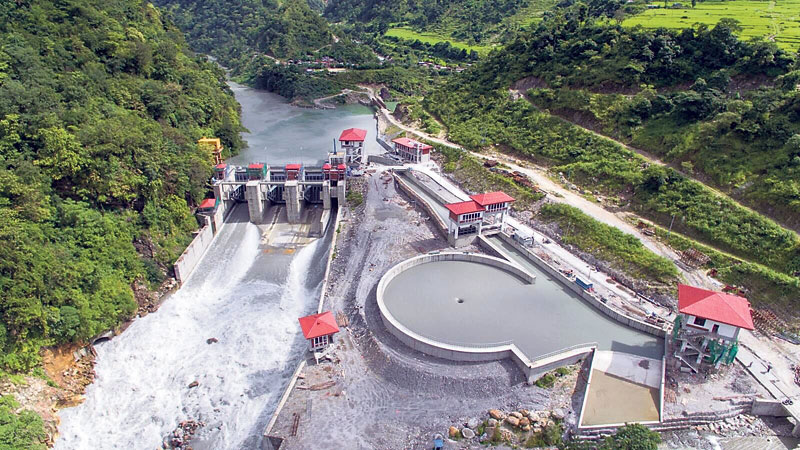

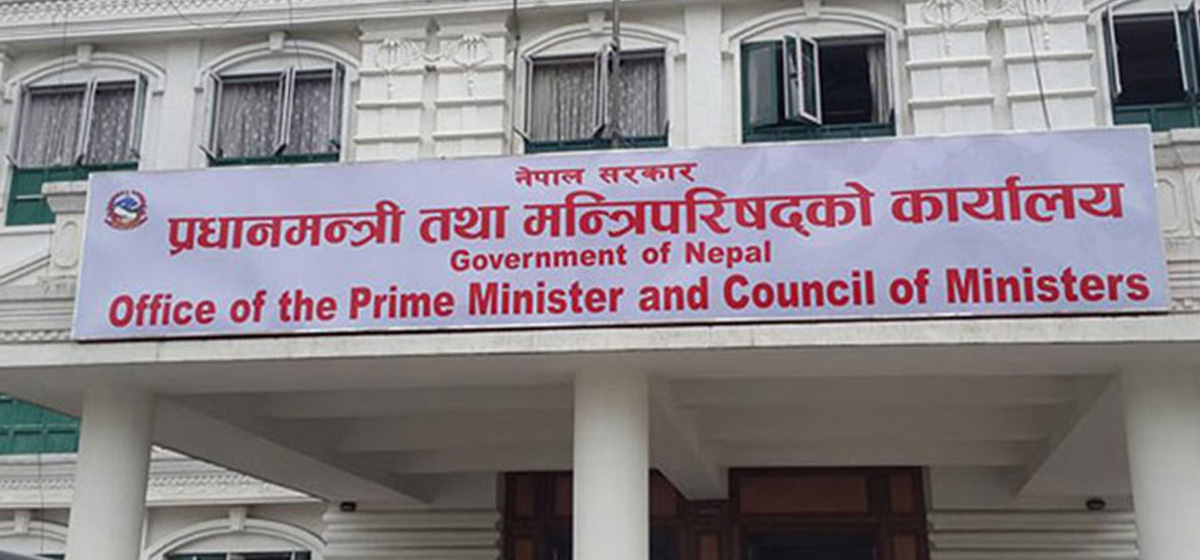


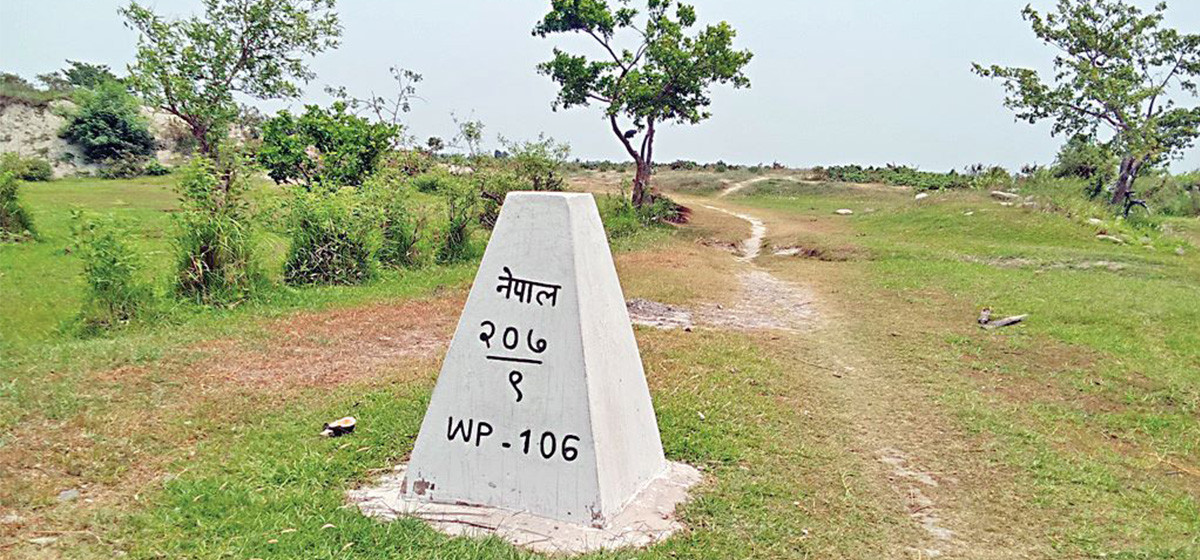
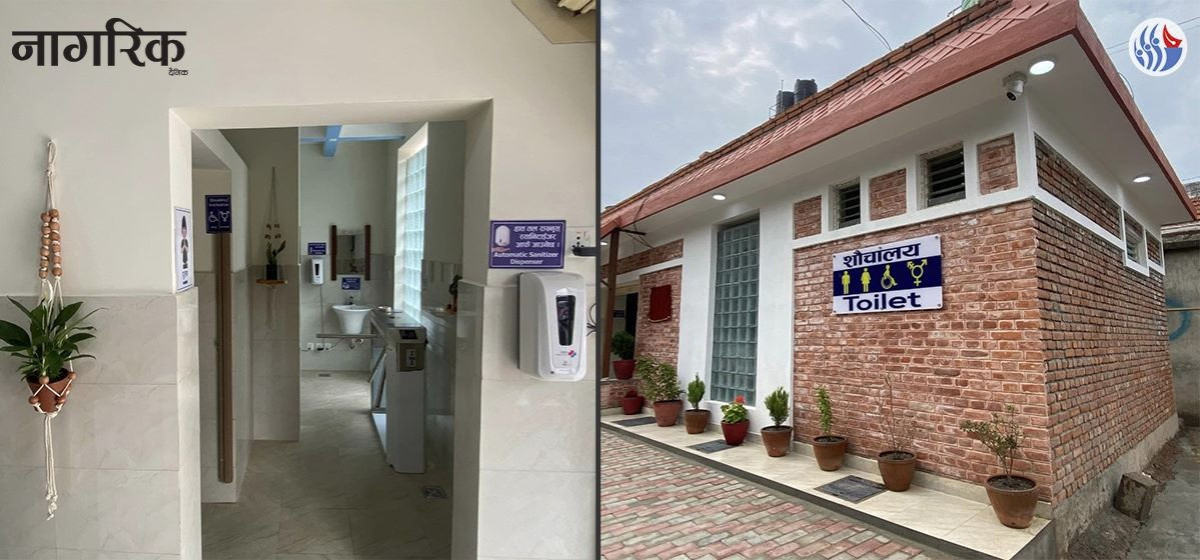
Leave A Comment